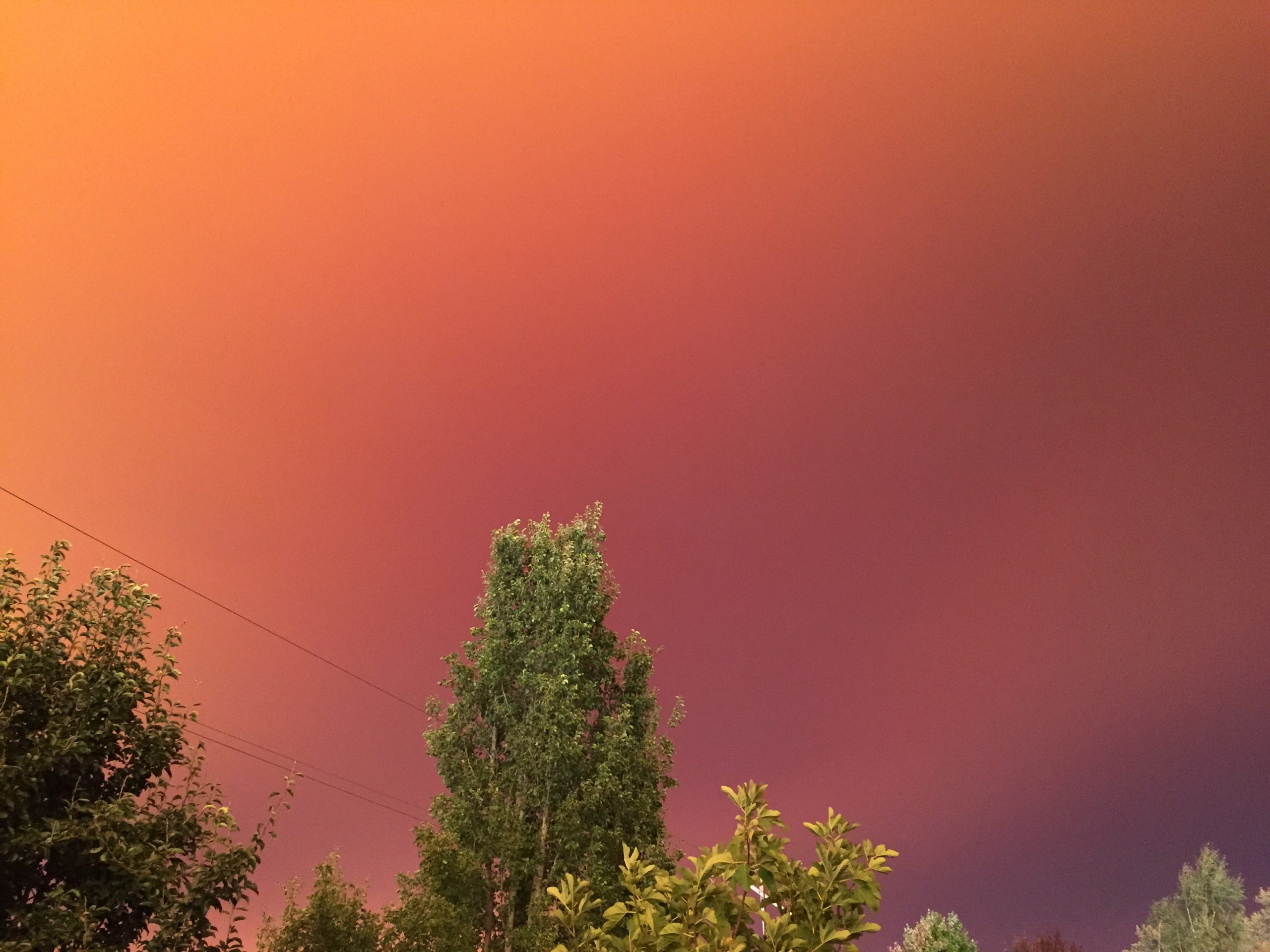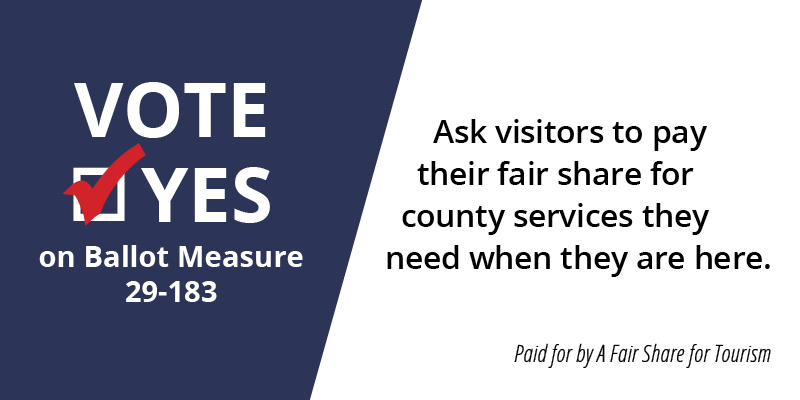By Karen Olson
How much of this bizarre year has been focused on breathing and breath?
We learned that we were all at risk of catching a deadly virus, spread by our very breath. We came to understand that the novel coronavirus attacks the lungs and diminishes the ability of its victims to breathe. We heard about shortages of N95 masks, which kept first responders and healthcare workers breathing safely, and ventilators, the lifeline that enabled mechanical breathing for thousands of COVID patients.
Then we heard the cries of George Floyd as he died at the hands of police, “I can’t breathe,” echoing so many who have lost their lives to racial violence. We recalled victims of lynching and police brutality through the entire history of our country, and the scale of the injustice took our breath away. We witnessed protestors and journalists struggle to breathe, as teargas was deployed on our city streets again and again and again.
And now, outside, the only safe haven from the pandemic, has become yet another threat to our breath. Wildfires rage unchecked across much of the west, painting the skies an apocalyptic orange and choking the air with dust and ash. In a moment, the outdoors turned from the refuge of COVID summer to yet another unsafe place, as simply breathing is now off-the-charts hazardous in many places in the West.
And that’s not to mention the incredible destruction of the fires themselves, the loss of homes and habitats and communities and wilderness beauty and life itself. We have so much to mourn.
We learned to breathe through our masks. We learned to breathe through our grief and rage. Now we are learning to breathe when the very air itself is working against us. Through it all, our wisdom teachers have urged us to take deep breaths, to access our inner reserves of peace and compassion and grace, to take each day one breath, one step at a time.
Our children are often the canaries in the coal mine, expressing their sense of loss and bewilderment when we grownups are too busy hustling or numbing to adequately feel our big, overwhelming feelings. At bedtime this week, after learning about yet another cancelled activity, one child wailed, “first the virus, then the smoke, and now school?! Everything is haywire!”
Everything does indeed feel haywire, and we are justifiably exhausted and overwhelmed. One friend reached her breaking point this week over what she felt was an insignificant loss compared to the surrounding chaos and destruction. But it’s no wonder that we are all emotional tinderboxes, ready to be overcome by our big feelings at the news of even one more tiny setback or disappointment or loss.
Where do we turn when the sadness takes our breath away? What do we do with the choking rage that threatens to consume us? How can we find the hope required to keep breathing through the pain, expectant that some new life might be birthed from this difficult struggle?
I find hope when I hear of the fire crews working night and day to control the blazes that threaten their communities. I find hope when a neighbor texts just to say “you’re not alone.” I find hope when I think of the emergency preparedness work that our community has invested in for just such a time as this. I find hope when I hear of friends and family members offering shelter to evacuees. I find hope when I see folks humbly ask for the help they need, and their communities rally to support them above and beyond what they could have requested.
I find hope when I see those committed to justice keep showing up, undaunted, to demand a more equitable society. I find hope when teachers and grocery workers and utility crews and first responders and parents and nurses set themselves to the difficult tasks before them with perseverance and patience and grace — for the good of others. I find hope when I hear someone say, “I just can’t anymore,” and watch their community respond with “you can, and we’ll help you.”
If there is good to come of this year of tragedy, if there is life to be found amid so much loss, it will be because we took a deep breath, then began again to love one another.



